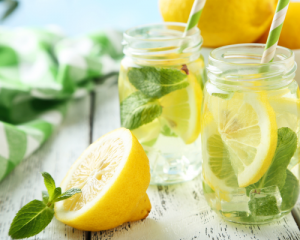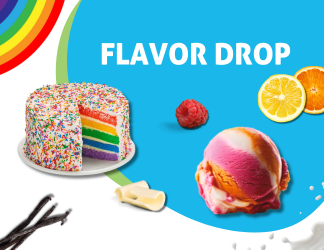A concept in numerous video games is when characters reach a checkpoint to save the progress they have made during the game. Should the character lose, they will go back to the checkpoint instead of having to restart at the beginning. Although lemonades have been a staple in many consumer homes, concerns about its sugar content have beverage-makers reverting to a checkpoint where they are maintaining the goodwill with consumers but altering their formulation strategy.
“Consumer avoidance of sugar-heavy beverages due to their perceived health detriments has posed an increasing threat to juice producers, including lemonade beverages,” says Dmitry Diment, senior industry research analyst at IBISWorld, New York. “A 2015 study published in the Nutrition Journal found that, on average, fruit juice contains 45.5 grams of fructose concentrate per liter, which is slightly less than the 50 grams of fructose contained in a liter of soda.
“A May 2019 publication by the American Medical Association reported similar health consequences when consuming 100% fruit juice as other sugary beverages,” he continues. “As consumers have become more health conscious, they have shied away from sugary lemonade drinks.”
Diment notes that beverage-makers in response are adapting their formulations to support these health conscious goals.
“Although lemonade contains natural and added sugars, producers have rebranded and reformulated goods,” he says. “Producers have successfully commercialized the benefits of fruit as an essential part of a healthy diet.”
To read the full article, visit Beverage Industry.





